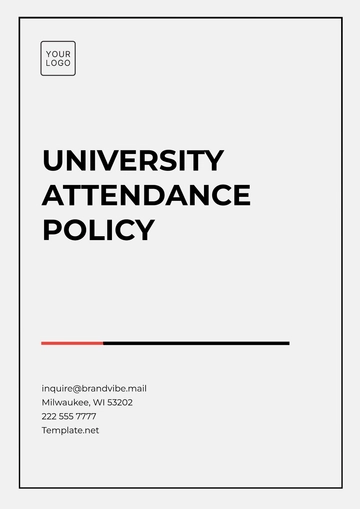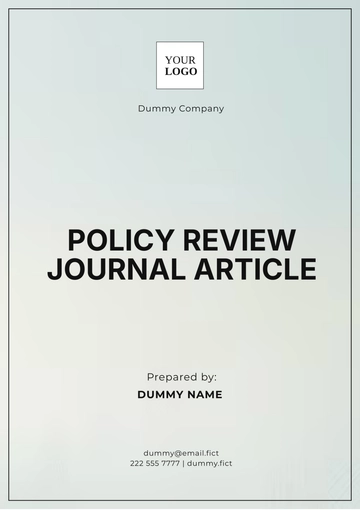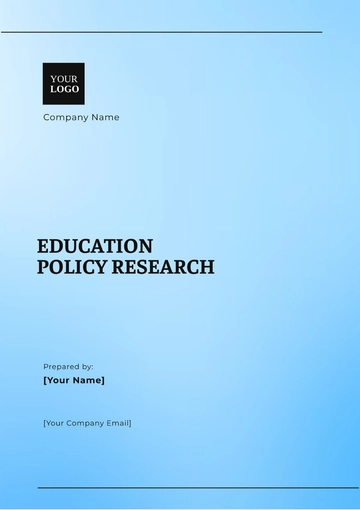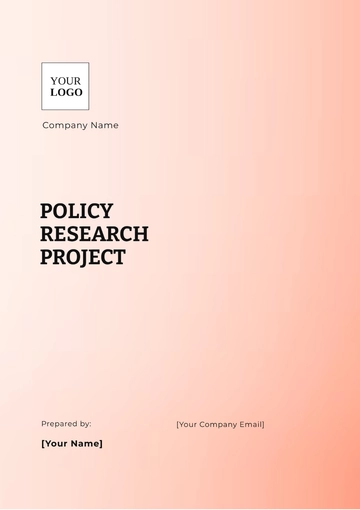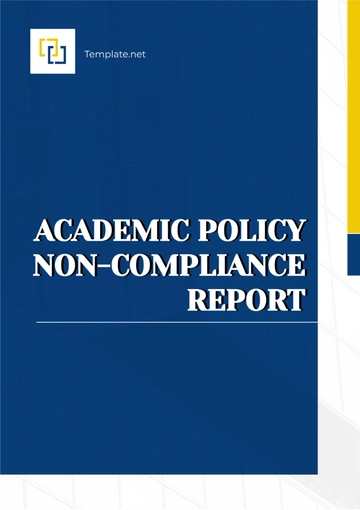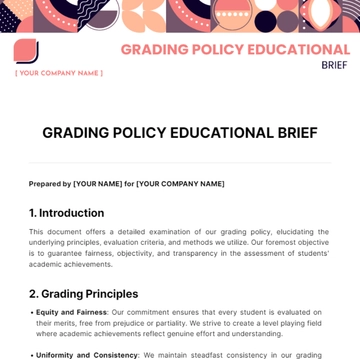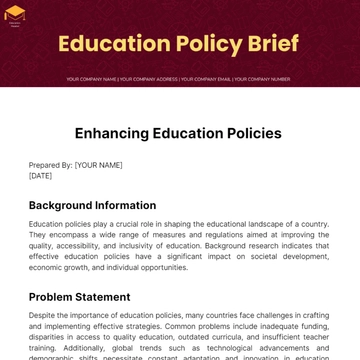Free Education Policy Research
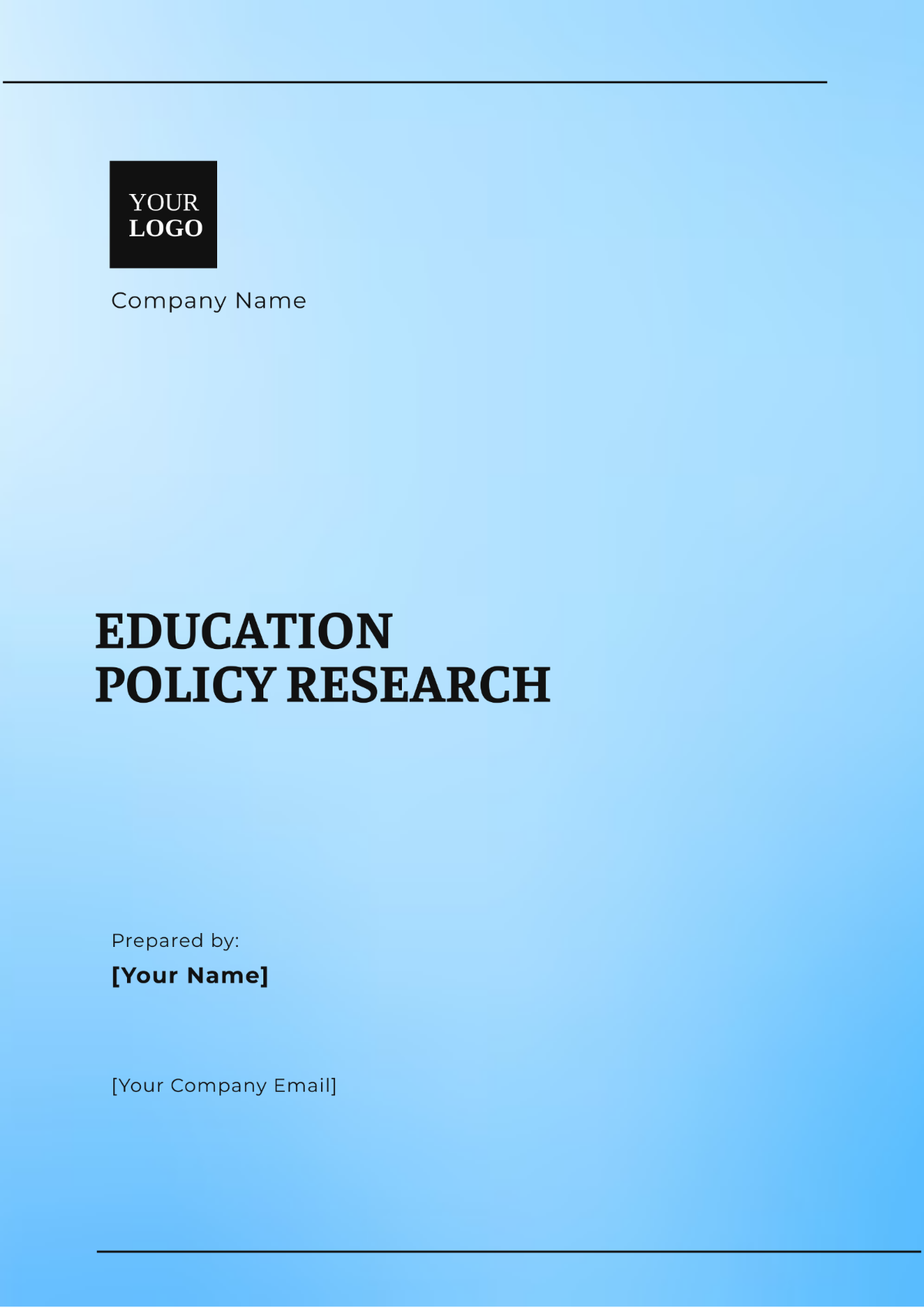
This Research is conducted by: [Your Name]
I. Introduction
Education Policy Research in 2051 aims to address the evolving needs of the global educational landscape by examining the effectiveness of recent educational policies and practices. This research explores how contemporary educational policies influence student outcomes, equity, and institutional performance, providing valuable insights to guide future policy decisions.
II. Literature Review
The Literature Review synthesizes prior research on educational policies, focusing on studies related to instructional methodologies, student engagement, and administrative practices. This review identifies gaps in current research and highlights areas where further investigation could enhance understanding and practice.
Recent studies have emphasized the importance of personalized learning and inclusive education, noting that while many policies focus on standardization, there is a growing need to address diverse learning needs and styles. Additionally, research into teacher professional development has shown its critical role in improving student outcomes but often lacks sufficient implementation and follow-up.
III. Methodology
The Methodology section outlines the research design and methods used to collect and analyze data on educational policies. This study employed a mixed-methods approach, combining quantitative data from educational assessments with qualitative insights from interviews with educators and policymakers.
A. Quantitative Data Collection:
Surveys: Administered to 500 educators and 200 policymakers to gather opinions on policy effectiveness.
Assessment Data: Analyzed standardized test scores and graduation rates from 2020 to 2050.
B. Qualitative Data Collection:
Interviews were conducted with 30 teachers and 15 educational administrators to explore their experiences with policy implementation.
Focus Groups: Held with students and parents to understand their perspectives on recent policy changes.
C. Data Analysis:
Statistical Analysis: Used to identify trends and correlations in quantitative data.
Thematic Analysis: Applied to qualitative data to extract key themes and insights.
IV. Findings
The Findings section presents the collected data in a tabular format to facilitate understanding and analysis.
Category | Data | Observation |
|---|---|---|
Sample Size | 500 educators, 200 policymakers | Large and diverse sample providing comprehensive views |
Demographics | 60% primary education, 40% secondary education | A Broad representation of educational levels |
Key Metrics | 75% positive impact on personalized learning policies | Effective but requires further refinement |
Trends | Increase in student engagement by 20% | Positive trend attributed to interactive teaching methods |
V. Discussion
The Discussion interprets the findings, comparing them with existing literature and considering their implications for future educational policies.
Aspect | Details | Implications |
|---|---|---|
Key Findings | Personalized learning policies significantly improved student engagement | Supports continued investment in personalized approaches |
Comparison with Literature | Consistent with findings from recent studies highlighting the benefits of tailored learning | Reinforces the need for policy adaptation to diverse learning needs |
Policy Implications | There is a need for further training for educators on implementing personalized learning effectively | Suggests increasing support and resources for teacher development |
VI. Recommendations
The Recommendations section suggests actionable changes to enhance educational policies based on the study's findings.
Recommendation | Rationale | Expected Impact |
|---|---|---|
Expand Professional Development | Teachers need additional training to fully implement personalized learning | Improved effectiveness of personalized learning strategies |
Increase Funding for Diverse Learning Resources | Enhanced resources can support varied learning needs | Greater equity and access for all students |
Develop Metrics for Policy Evaluation | Effective evaluation tools are necessary to measure policy success | More accurate assessment of policy impact and areas for improvement |
VII. Conclusion
The Conclusion summarizes the research findings, reflecting on their significance for educational policy. The study demonstrates that while recent policies on personalized learning have had a positive impact, there is still a need for enhanced support for educators and more effective evaluation measures. Moving forward, it is crucial to focus on continuous improvement and adaptation of educational policies to meet the diverse needs of students and educators.
- 100% Customizable, free editor
- Access 1 Million+ Templates, photo’s & graphics
- Download or share as a template
- Click and replace photos, graphics, text, backgrounds
- Resize, crop, AI write & more
- Access advanced editor
Template.net introduces the Education Policy Research Template, crafted to support your research on educational policies. Its customizable layout ensures you can tailor the template to fit your specific research needs. With editable sections and features, it’s fully editable in our Ai Editor Tool, offering a seamless editing experience. Enhance your educational policy research with this flexible and practical template.
You may also like
- HR Policy
- Restaurant Policy
- Company Policy
- Accounting Policies and Procedures
- Website Policy
- Privacy Policy
- Safety Policy
- School Policy
- IT and Software Policy
- Law Firm Policy
- Construction Policy
- Interior Design Policy
- Travel Agency Policy
- Education Academic Policy
- Security Policy
- Real Estate Policy
- Expense Policy
- Software Policy
